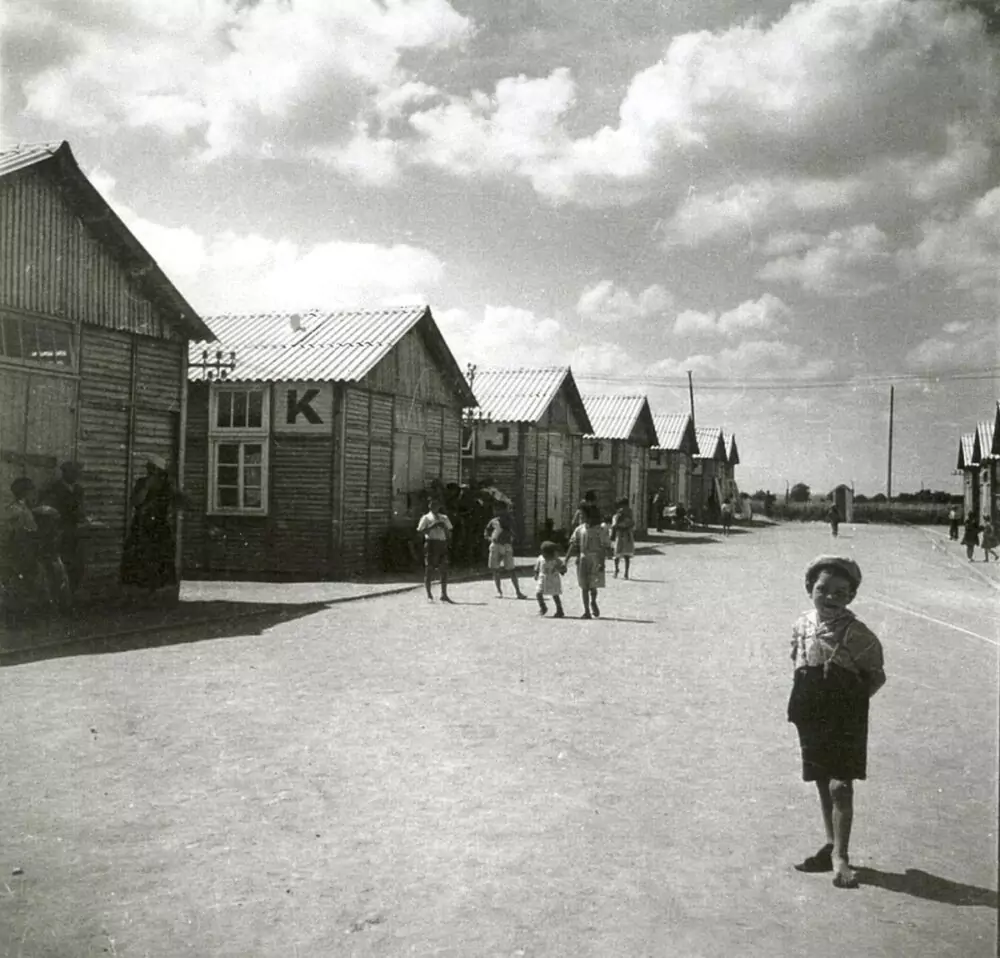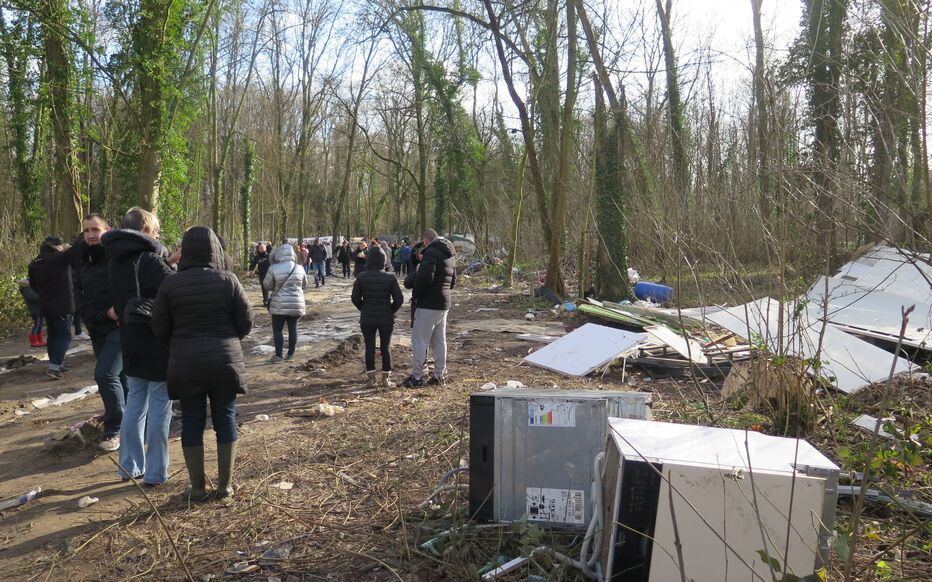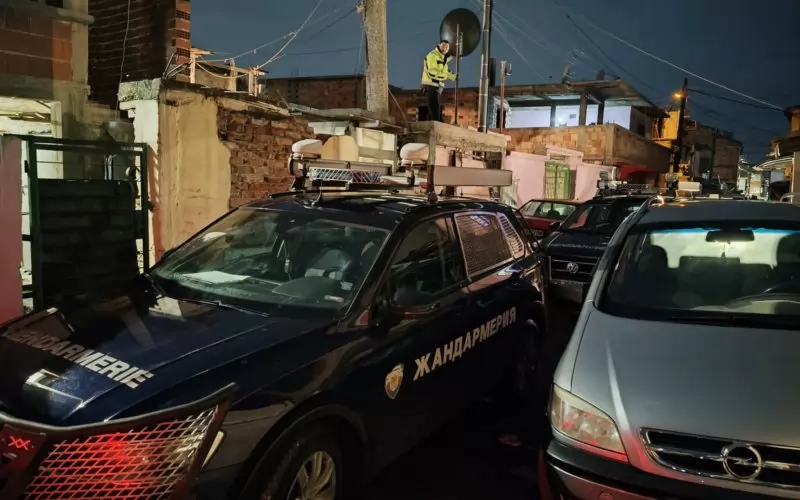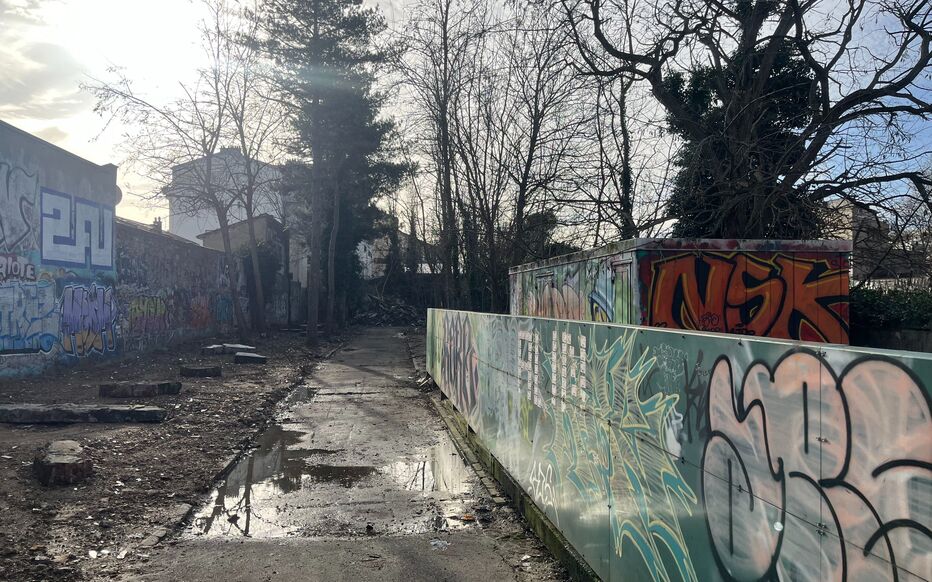In his newest article for Libération, the sociologist Eric Fassin (2014) poses the question, of why only a few newspapers speak of a racist lynching of the young Rroma, and instead portray the incident as a vigilante justice between robbed banlieue residents and a criminal youth, both of which are poor. He contrasts this to the case of a young Moroccan Jew, who was tortured to death in 2006 by a group of Muslim immigrants. At that time, no one had any doubt that the act was racially motivated. However, this time one does. Even the public prosecutor denies that the offence was committed with racist motives. The thefts committed by Darius, which are regarded as nearly proven, are cited as the actual motive for revenge. Fassin criticises that the victim’s presumption of innocence, valid until his actions are really proven, are completely disregarded. He sees the reduction of the incident to a vigilante justice between robbed and thief as a trivialisation of the intellectual arson against Rroma in France. Negating the defamation of Rroma by politics and the media, also negates some of the possible motives: “In reality, masking the racism of the lynching is abandoning finding the culprits among the responsible people. In other words, it is the denial of the responsibility of politics towards the increase in Roma-phobia: if this act has nothing to do with racism, it has no political relevance. Nevertheless, the “lapses” in public discourse are so numerous and deliberate that it is appropriate to speak of an actual landslide.”
Fassin is certainly right that in the investigation of the lynching case, all aspects need to be analysed and considered. The racist discourse against Rroma is an inherent part of this. However, one also has to be cautious to jump to conclusions and to insinuate motives of the perpetrators that are not proven. The investigation has to show what motives stand behind the vigilantism. On this issue, Fassin engaged in a dispute with the deputy editor of Libération, Eric Decouty. Decouty (2014), in his commentary on Fassin’s article, criticises that the argument builds upon unsecured facts and is therefore not unproblematic. Rastello (2014) agrees in her analysis with the assessment that the evidence on the exact course of the event is still not verified: witnesses’ statements are contradictory, for example regarding the exact time of the abduction as well as the number of involved persons. Witnesses on the Rroma side fear further reprisals and therefore hold back statements. On behalf of the residents, there is supposedly a “law of silence”, which is the result of the bad acceptance of the police in this impoverished neighbourhood. In addition, the offenders’ motives are still not clearly established.
Fassin (2014/III) replies that he goes from the position that the racist discourse is in part responsible for the committed crime. Pejorative words and opinions expressed about Rroma in recent years manifested themselves into a real act of violence in the case of the lynched Rroma. To trivialise the issue of intellectual arson against the Rroma is dangerous, as is the silence of the public on this incident, he states. However, what Fassin does not take into account prominently enough is the social dynamics of the suburbs themselves and the misguided social policy that allows this misery. The inhabitants of the suburbs are themselves victims of mechanisms of exclusion (compare Bilefsky/De la Baume 2014, Fassin 2014/II).
- Bilefsky, Dam/De la Baume, Maïa (2014) Beating of Roma Boy Exposes Tensions in France’s Underclass. In: New York Times online vom 25.6.2014. http://www.nytimes.com/2014/06/26/world/europe/beating-of-roma-boy-exposes-tensions-in-frances-underclass.html?_r=0
- Decouty, Eric (2014) Attendons les faits. In: Libération online vom 24.6.2014. http://www.liberation.fr/politiques/2014/06/24/attendons-les-faits_1049450
- Fassin, Eric (2014) Rien à voir ? D’Ilan à Darius. In: Libération online vom 24.6.2014. http://www.liberation.fr/societe/2014/06/24/rien-a-voir-d-ilan-a-darius_1049462
- Fassin, Eric (2014/II) Rien à voir ? D’Ilan à Darius. In: Mediapart online vom 25.6.2014. http://blogs.mediapart.fr/blog/eric-fassin/250614/rien-voir-d-ilan-darius
- Fassin, Eric (2014/III) Roms : le déni. In: Libération online vom 26.6.2014. http://www.liberation.fr/societe/2014/06/26/roms-le-deni_1050968
- Rastello, Céline (2014) Lynchage de Darius : pourquoi l’enquête s’annonce compliquée. In: Le Nouvel Observateur online vom 24.6.2014. http://tempsreel.nouvelobs.com/societe/20140623.OBS1377/lynchage-de-darius-pourquoi-l-enquete-s-annonce-compliquee.html







